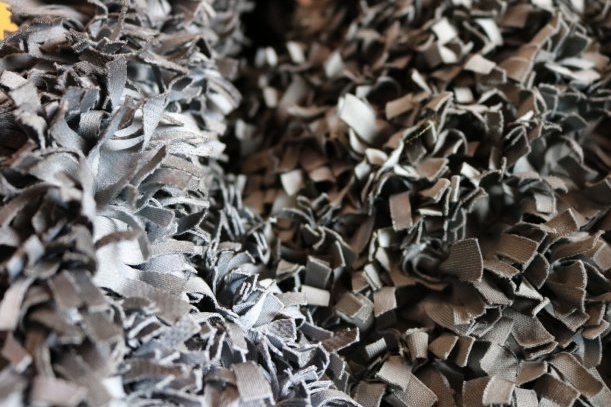

T-REX
The EU-funded T-REX Project (Textile Recycling Excellence) brings together a partnership of 12 significant firms from throughout the whole recycling value chain, along with research institutes, in response to the recent launch of initiatives like ReHubs and Cisutac.
By converting end-of-use textiles from trash into a desired feedstock and a commodity for new business models that can be adopted at scale, the collaboration will seek to develop an EU-wide plan for the closed-loop sorting and recycling of home textile waste.
In order to promote the expansion of circular value chains in the textile industry, the project strives to analyze and identify the infrastructure, technical, and regulatory requirements.
Although only 2% of post-consumer textiles in Europe are now thought to be diverted to fibre-to-fibre recycling, developing a circular system for post-consumer textile waste currently faces significant difficulties. They consist of inconsistent composition claims, poor material quality, a lack of standards for gathering and sorting across national borders, and a lack of trustworthy data across the value chain.
The T-REX Project will advance our understanding of the structural adjustments needed to scale fiber-to-fibre recycling, building on earlier research such as the Sorting for Circularity Europe report from Fashion for Good and Circle Economy, which found that 74% of low-value post-consumer textiles are easily available for fiber-to-fibre recycling in six European countries.
The T-REX Project will gather and classify domestic textile waste over a three-year period and show how to fully recycle polyester, polyamide 6, and cotton/cellulosic materials. It also intends to illustrate circular business models that are both economically viable and sustainable, analyze the lifecycle of the circular process, incorporate digital tools that speed up closed-loop textile recycling, and create circular design guidelines.
Veolia will be in charge of managing the collection, division, and sorting of post-consumer textile waste in order to meet the feedstock requirements of the various textile recycling technologies developed by Infinited Fiber Company, BASF, and CuRe.
Linz Textil, TWD Fibres, and Adidas will turn the recycled fibers into yarns, and they’ll make test goods.
FAU will provide analytical support for the initiative, and Aalto University will involve the public in awareness-raising efforts.
With the assistance of Quantis and Arapaha, Fashion for Good is driving industry communications while also performing business viability and digital integration efforts.
Ambercycle has partnered with Zhejiang Huilong New Materials Co., Ltd. to accelerate the use and commercialization of sustainable, circular textile…
Bodo Möller Chemie has announced a partnership with DowAksa to expand its product range by adding high-strength, lightweight, and durable…
The Spanish company Jeanologia presented its innovative technology solutions at Egypt Stitch & Tex, aiming to modernize the region’s growing…
Porcher Industries will present a cockpit developed in collaboration with Airbus at the Mobility Planet showcase during the JEC World…
eVent Fabrics has introduced its latest innovation, stormburstLT for exceptional breathability, this ultralight laminate expands eVent’s existing lineup.
Mimaki Europe, a leading manufacturer of industrial inkjet printers 3D printers, has launched two new direct-to-textile printers, the Tx330-1800 and…